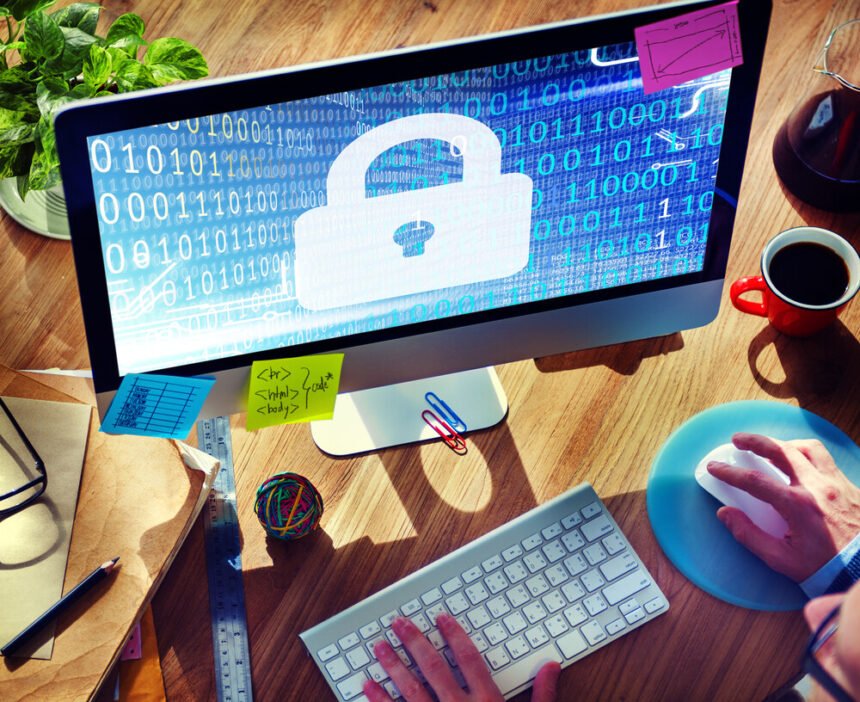We are in the era of big data, and the implications have already reached nearly every sector of the economy. In general, this is a good thing since people are extremely poor decision makers, and data helps us make more efficient decisions more often. However, too much data creates issues for companies and customers. An inability to effectively utilize the information collected by big data, and, more troubling, to protect user privacy and data, are all signs that we need to revise our practices. This can seem inconsequential when sourcing people’s restaurant preferences, but it can be a lot more problematic when dealing with sensitive information, such as financial data.
Smart data is the safer, more effective alternative to big data. Not only does it provide more actionable data for companies, but it helps ensure cybersecurity while protecting customer privacy and data. When smart data is collected, everybody wins.
Ensuring Cybersecurity
Cybersecurity is one of the most urgent problems that financial institutions must address because they are now collecting, processing, and storing financial information electronically. Financial institutions are already top targets for cybercriminals, and as the fintech movement pushes digitalization both at the startup and the corporate level, cybersecurity quickly becomes the defining element of the industry. With the average organization facing 106 target cyber-attacks each year, there is the feeling of inevitability that data will be compromised and customers will be affected. Smart data helps ensure cybersecurity because it requires less customer data, which leaves less data vulnerable to inadvertent leaks or malicious theft.
Smart data helps ensure cybersecurity because it requires less customer data, which leaves less data vulnerable to inadvertent leaks or malicious theft.
A good example of this is the practice of culling customers’ social media data to make lending and credit decisions. Big data often relies on customers’ personal information from social media to determine credit worthiness. When this data is compromised, customers are at risk. Smart data ensures cybersecurity because it doesn’t require customers’ social media information to generate useable data sets. In short, cybersecurity is ensured because companies using smart data don’t have the customers’ sensitive private information for cybercriminals to steal. By doing more with less, smart data helps ensure cybersecurity while protecting customers’ privacy and data.
Privacy & Data Protection
Big data is so named because of the vast amount of customer data being collected. Because financial institutions want to make wise decisions, they collect as much customer data as possible, which implies the collection of thousands of existing data points. In contrast, smart data is defined by its precision and usability. As a result, smart data is actually collecting fewer data points and less sensitive data. Primarily relying on financial information and data collected on-site, smart data produces reliable data points that protect customer privacy while allowing data-driven decisions to guide the lending process.
Primarily relying on financial information and data collected on-site, smart data produces reliable data points that protect customer privacy while allowing data-driven decisions to guide the lending process.
Smart data protects sensitive customer data by requiring less information and by translating that data into a usable form. This is great for companies, but it’s also great for data protection. Actionable data sets are precise, and they store fewer customer data which is an inherent protection against data theft because there is less to steal and what is available is actionable to the company, but it’s not useable by cybercriminals. Companies utilizing smart data are honoring their customers’ privacy while protecting their data and maximizing data usage, which is something that big data cannot accomplish.
Smart Data, Smart Choice
Data collection enhances business decisions, and it helps provide a more accurate, appealing customer experience that certainly justifies its collection. As we continue to collect data and to make better decisions because of it, it’s important to be mindful of the implications of owning that data. Sophisticated hackers are continually trying to gain access to that valuable information, and companies are charged with protecting their customers’ data, and every effort should be made to do so, including considering the type of data being collected in the first place. Smart data improves cybersecurity and data protection by requiring fewer customer data and by processing that data into actionable data sets that are less useful to thieves than the bulk data collected by big data. The tandem march of progress and security is the way forward, and smart data powers both.








